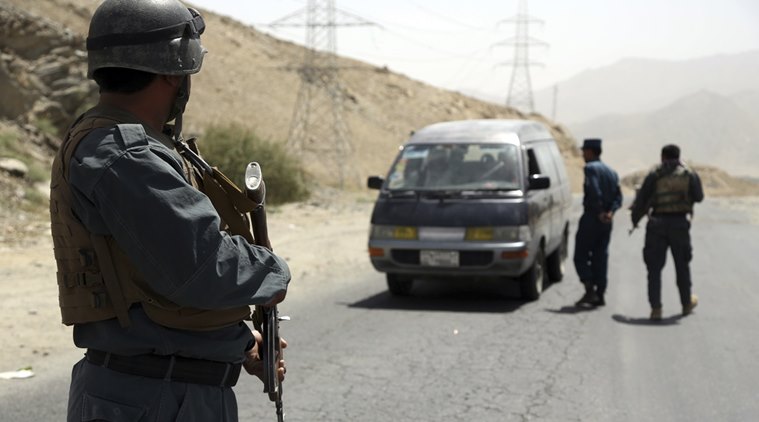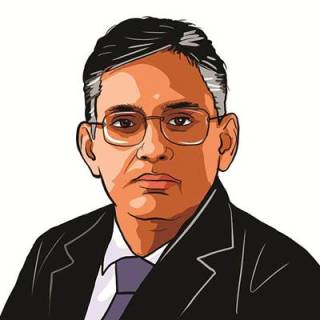A Crossroads In Kabul
With US withdrawing from Afghanistan, India must find ways to maintain presence.

India’s Afghan policy is at a crossroads. A period of adjustment has become essential following US President Donald Trump’s unilateral announcement that he is pulling US troops out of the conflict-ridden country. Another development is the “framework” deal between the US and Afghan Taliban after six days of discussions at Doha. Washington’s hasty timetable — 18 months — to disentangle itself from the Afghan quagmire has narrowed the US’s options. India too is trapped in a strategic blind-spot in Afghanistan.
Trump is the third, and perhaps the last US president, to try to wind up America’s costly military involvement in Afghanistan. But the announcement of a drawdown before the final peace deal with the Taliban is concluded was certainly a blunder. More fighting and political instability in Afghanistan would be damaging, as much for Indian interests as for regional stability.
For Pakistan’s security establishment, Trump’s frustration at the current military stalemate in Afghanistan is a godsend — it can re-engage with Washington, largely on its own terms. Trump has frequently criticised Pakistan for turning a blind eye to the Taliban’s insurgency. But he now appears reconciled to Pakistan’s centrality to the endgame in the region. The role of Pakistan is going to expand significantly, with the US depending upon it to implement the interim deal. This will be a diplomatic victory for Pakistan.
James Mattis, who was forced to resign as secretary of defence following irreconcilable differences with Trump, was against the pullout. The head of the US Central Command, Lt General Kenneth McKenzie, had argued that Afghanistan would be doomed to a downward spiral if abandoned by the US at this critical juncture. But Trump decided to ignore Pentagon’s advice.
Fully aware of the deadline, the Taliban are playing their hand well, trying to secure maximum concessions from Zalmay Khalilzad, the US special envoy, without offering anything meaningful in return. The Kabul government is nowhere in the picture. The Taliban’s determined refusal to engage the Kabul regime constitutes the biggest obstacle to a meaningful intra-Afghan dialogue.
In all probability, the Trump administration is going to finalise the deal with the Taliban without consulting President Ashraf Ghani, leave alone taking into consideration New Delhi’s concerns. All talk of an Afghan-led and Afghan-owned peace process has vanished. The Afghan presidential election, originally scheduled in April, stands postponed till July. But if Trump expects a positive outcome from the Khalilzad-led negotiations before July, he seems to have set an unrealistic target.










.png)




























No hay comentarios:
Publicar un comentario